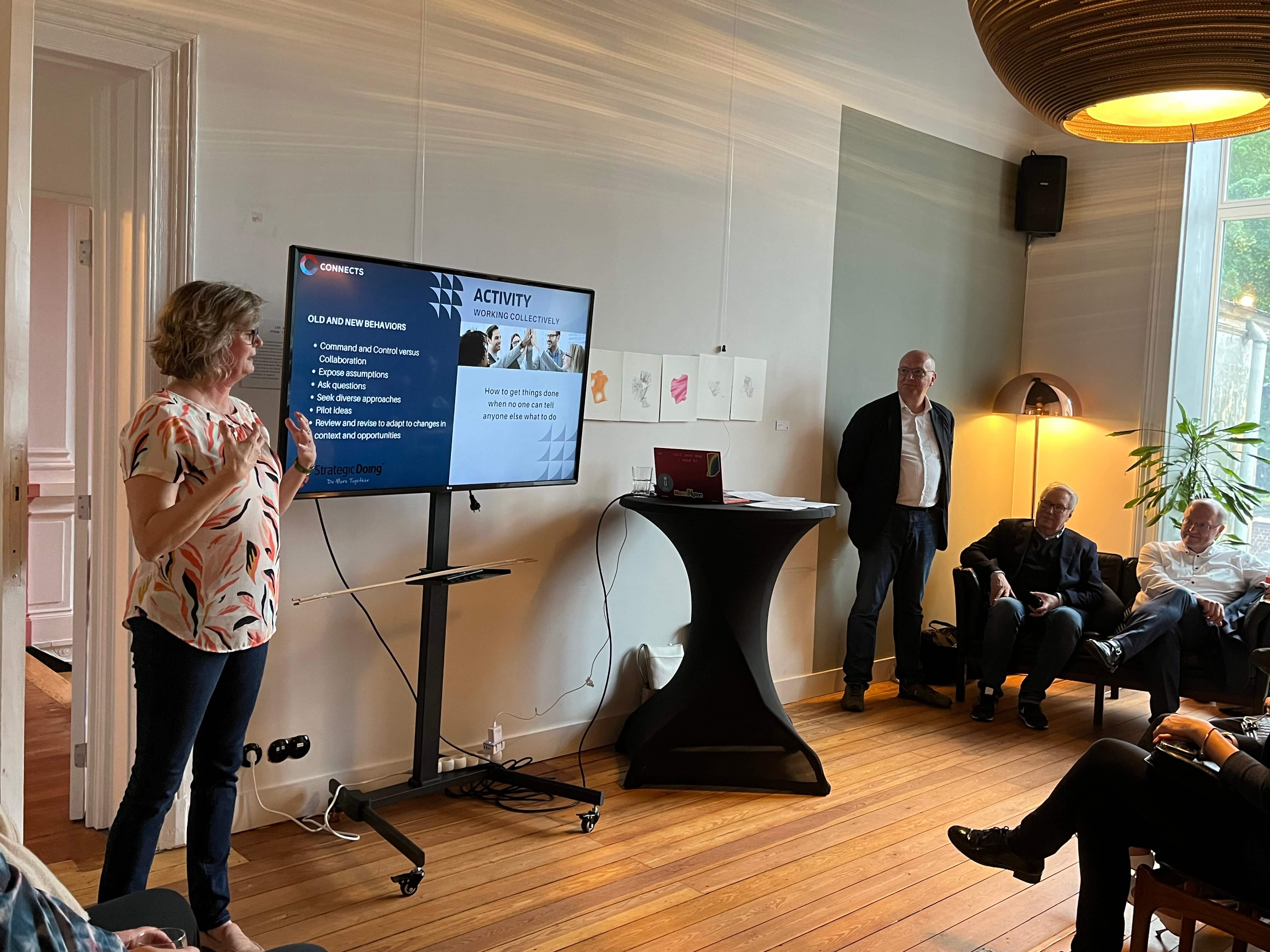
Second-hand shops and the fashion market towards a responsible direction
May 13, 2024
Table of Contents
Inroduction
Increasingly, people shop in second-hand clothing shops or through sustainable brands because of the lower ecological impact, affordable prices, unique designs and social awareness. The production and transportation of new clothes generates waste and pollution, while second-hand clothes shops offer quality clothes at more affordable prices. Sustainable brands have higher prices but attract people who value quality and environmental protection. In addition, second-hand clothes shops and sustainable brands often offer exclusive designs and companies that care about ethics and social responsibility in their production attract people who have these values.
Context of fashion sector
Fashion is a very important sector in Europe and provides employment for more than 1.7 million people, generating a gross value added of more than 166 billion euros. Italy, France, the UK and Spain stand out for their high quality fashion production, but competition from emerging markets such as China, India and Bangladesh has challenged the European fashion industry.
Many companies in this sector produce in these countries for a number of reasons, including low costs and availability of labour. They have much lower wages than Western countries, which allows companies in the sector to reduce production costs and increase their profit margins. In addition, these countries have a large population willing to work in the sector, which means that there is a large pool of available workers. On the other hand, Western countries have higher costs and a lower availability of labour, which makes production more expensive.
The fashion sector outside of Europe
Moreover, in recent years incidents such as those in Bangladesh, the Tazreen Fashions factory fire or the Rana Plaza collapse, have alarmed society as a whole, leading to massive reforms aimed at improving safety conditions. Some local suppliers are also building eco-friendly garment factories to improve the sector’s image after Western buyers rejected Bangladesh due to non-compliance with labour and environmental standards.
How to reduce his impact
However, more and more brands are recognising the ethical importance of the sector and are taking steps to reduce their social impact, with some brands opting to try to develop their own second-hand shops, such as H&M, Levi’s and NA-KD.
In conclusion, we could say that fashion in Europe is a key sector in the economy, generating employment and significant value. It is important that this area continues to work on sustainability and improving working conditions for employees to ensure its long-term success.
Why CONNECTS?
At CONNECTS we are trying to collaborate with SMEs to create communities that collaborate in the sustainable development of the textile sector. In addition we count with the ESG community to help companies gain social awareness in areas of great importance to their environmental and social performance in the community. The ESG Countdown community aims to achieve the EU’s ambitious green transition goals, this is just possible with the collaboration of SMEs. Join our community: https://community.tiao.world/en/community/join/91

